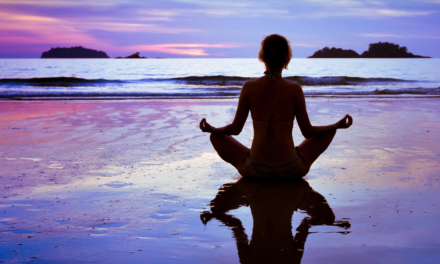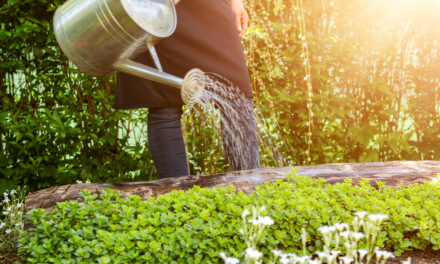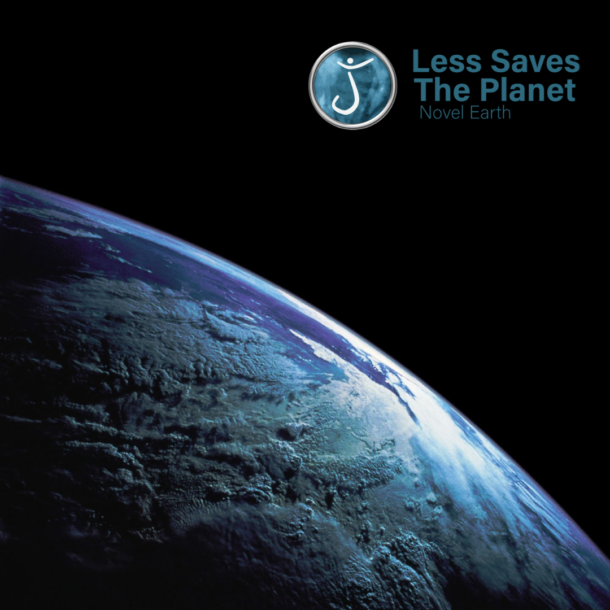
How can hoteliers reduce their water consumption ?
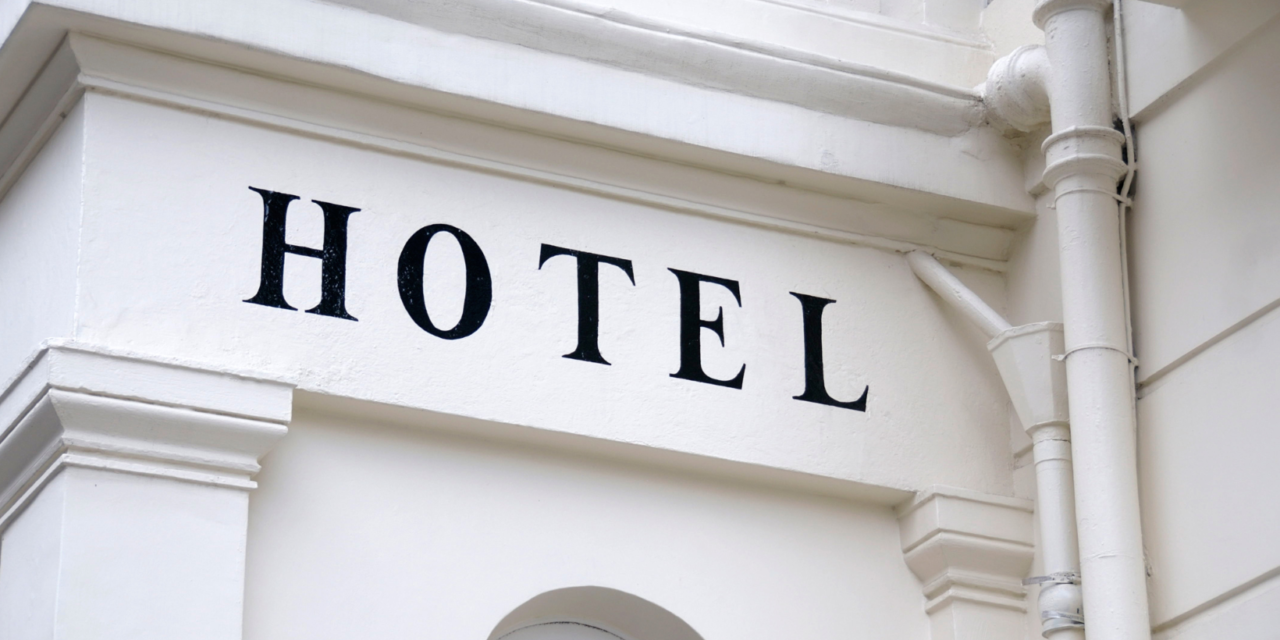
Water is a precious commodity for our planet and for future generations. However, water consumption in hotels can be very high, due to the need to keep guests comfortable and equipment in good working order. However, hoteliers can take steps to reduce their water consumption by taking into account the different aspects of their business. In this article, you will learn in detail about the different ways to reduce water consumption in hotels :
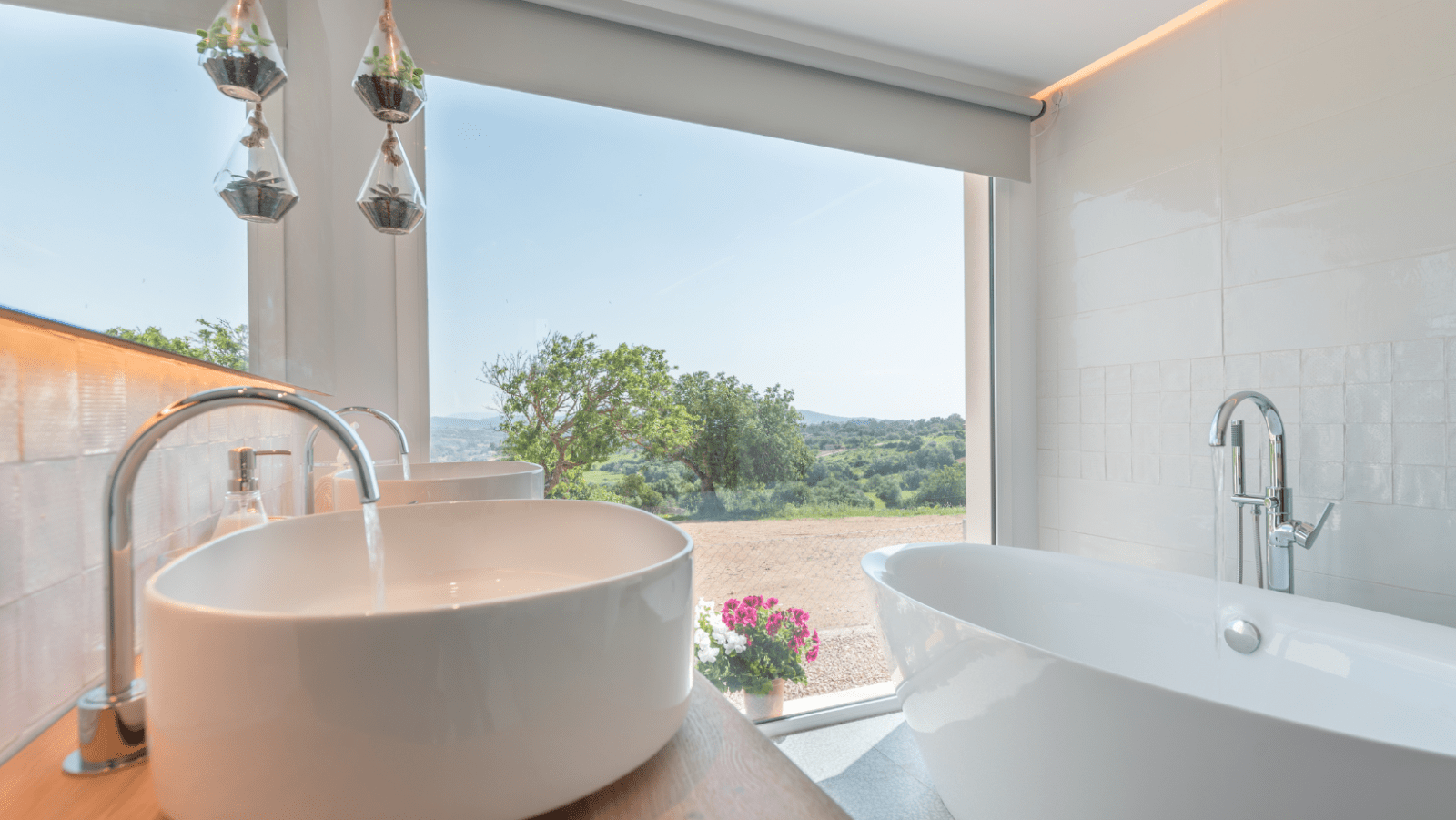
Improve water use efficiency
-Install flow regulators: Flow regulators limit the amount of water used for each activity by regulating the water flow. For example, by installing flow regulators on shower taps, hoteliers can reduce water consumption by 50-70% without sacrificing guest comfort.
-Install water-efficient equipment: Equipment such as toilets, taps, showers and dishwashers can consume a lot of water. Hoteliers can install water-efficient equipment to reduce water consumption without sacrificing guest comfort.
-Monitor water leaks: Water leaks can be costly and consume a significant amount of water. Hoteliers should regularly monitor their plumbing systems to detect and repair water leaks.
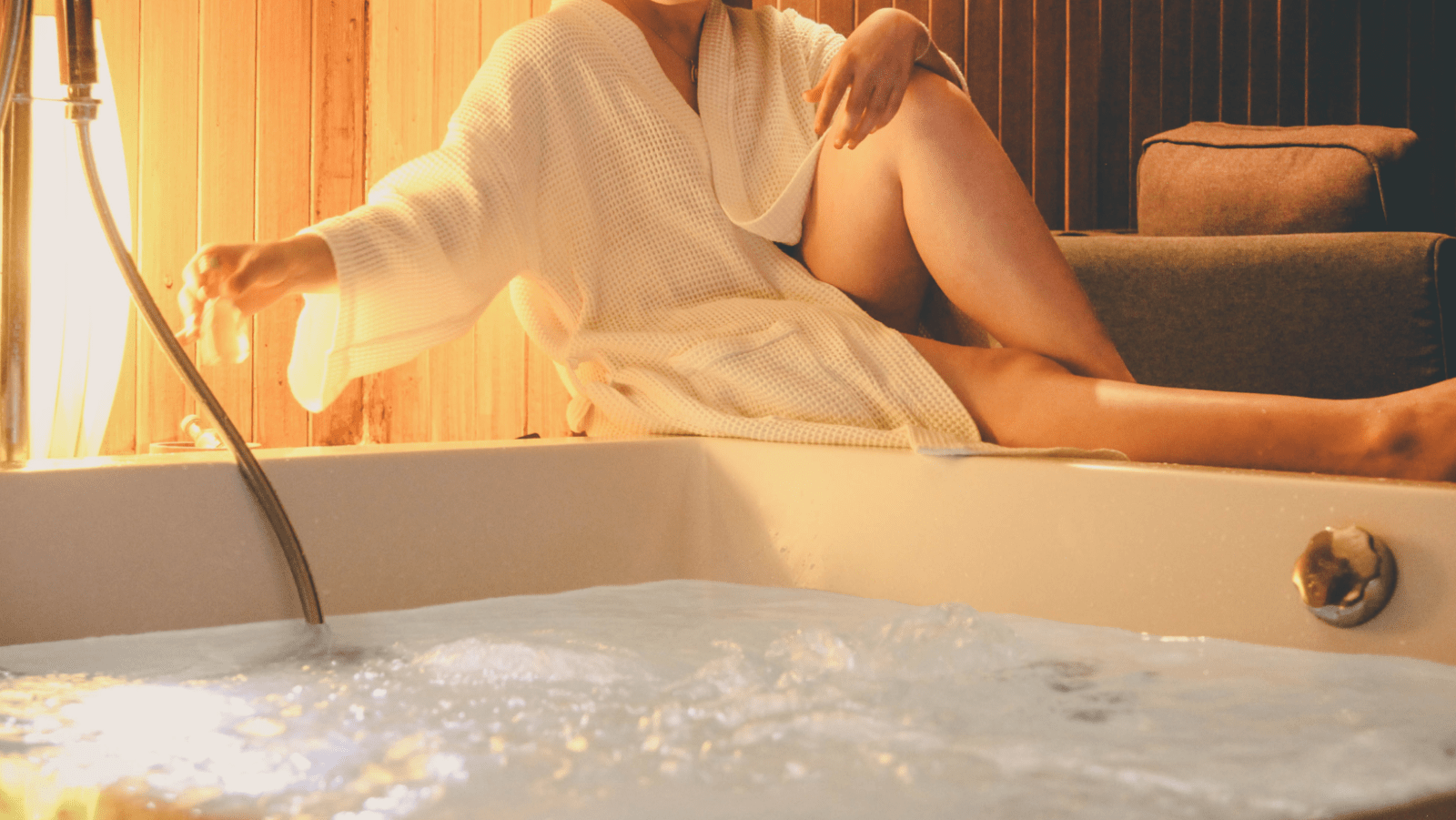
Raising awareness among employees and guests
Employees can play a key role in reducing water consumption in hotels. Hoteliers can train their staff on good water use practices, such as turning off taps when not in use or running water only when needed.
Guests can also contribute to reducing water consumption by using equipment efficiently and reporting any water wastage. Hoteliers can raise awareness among their guests by providing information on the importance of efficient water use.

Water management
Water management is a key element in reducing water consumption in hotels. This includes monitoring water consumption, detecting and repairing water leaks and optimising irrigation systems.
Hoteliers can install water meters to track water consumption from each source, such as showers, toilets and taps. This allows sources of water waste to be detected and corrected. Hoteliers can also use historical data to predict future water consumption and adjust their usage accordingly.
Hoteliers can search for water leaks using techniques such as visual inspection, water pressure monitoring and electronic detection. Water leaks can be repaired quickly to avoid water loss and property damage.
Finally, irrigation systems can be optimised to reduce water consumption. Hoteliers can install drip irrigation systems to target areas where water is needed and avoid wastage. They can also schedule irrigation systems according to weather conditions, time of day and plant water requirements to save water.
In sum, water management is an important aspect of reducing water consumption in hotels. By monitoring water consumption, detecting and repairing water leaks and optimising irrigation systems, hoteliers can significantly reduce their water consumption and do their part to preserve water resources.

The installation of eco-responsible technologies in 3 points
-Motion sensor taps : Motion sensor taps can help reduce the amount of water used in bathrooms by only turning on the water when the tap is activated by hand movement.
-Dual flush toilets : Dual flush toilets can help to reduce water consumption by allowing a choice of small or large amounts of water for different needs.
-Heat pumps : Heat pumps can help reduce water consumption by using outside air to heat water rather than using a large amount of hot water.
Water is precious, let’s all work together to preserve it. With the help of water management, customer awareness and eco-responsible technology, hotels have the keys to change the world tomorrow!
To find all our news, find us on Instagram and on our Twitter account.
We publish daily on our social networks so that you can be up to date every day. You can also share our content on your own networks from the options at the bottom of the page!
See the article on GENEVA MARRIOTT HOTEL, A COMMITTED HOTEL
The preservation of clean water and access to it for all is at the heart of Less Saves The Planet’s commitments. You can now read Chapter 4 SAVING WATER AND THE EARTH from our book Less Saves The Planet available for free. The entire book is also available on our website.
See you soon for our next article!



